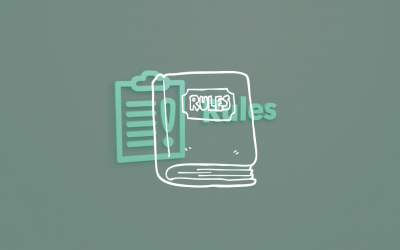The candidate selection process can be more or less complex and include several stages.
The first stage of testing is narrowing down the choices. This means that you first have to go through all the applications and narrow it down to say the top 10 candidates (or more depending on how many employees you need).
The second stage is elimination based on some basis – for example, education level or job test results.
The third stage of testing is interviewing using the method that suits you best
Activities and tools in the mentioned phases are:
1) Collection and scanning of job resumes or online applications
In incoming resumes or online applications, the employer looks for key information related to previous work experience, skills and education.
2) Telephone interview
If a large number of applications are received for a certain vacancy, the employer may decide to first conduct telephone interviews with a wider range of candidates in order to check whether they possess the necessary qualifications to be invited for an interview. Also, it is a good opportunity for the candidate to get a little more specific information about the position and check if he really wants to apply for the given position.
3) Video interview
The employer can ask the candidate to record a short video about himself in which he will also answer some pre-prepared questions. In this way, the employer can see and hear the candidates before deciding to invite them for an interview.
4) 1-on-1 interview
This is a classic way of interviewing candidates. A well-conducted interview by the employer/HR of a company implies a good and thorough preparation for it. The interviewer is expected to familiarize himself with the requirements of the job position, to read and analyze the candidate’s CV and to notice details that could serve as a good basis for the questions he plans to ask the candidate. The most important part of an interview are those questions. They are one of the key tools that the interviewer uses in order to reach the desired conclusion about the candidate based on their answers and later on the selection of the candidate itself.
What distinguishes good interviewers is the fact that they do not fall under the influence of prejudices, untested assumptions, personal beliefs and expectations. They are always on guard and do not allow their subjective opinion to decide the “fate” of a candidate.
5) Testing
The selection process often involves different types of testing. Depending on the requirements of the position, these can be:
- knowledge tests (e.g. knowledge of accounting procedures, knowledge of a foreign language…),
- psychological tests (e.g. logical reasoning test, numerical reasoning test, mechanical relations understanding test, personality tests…),
- manual tests (which simulate the performance of manual activities that the given position includes – for example, disassembling and assembling a machine),
- driving test.
The last, fourth stage is the evaluation, that is, the final selection of candidates and sending a written or oral offer to the selected candidate.





0 Comments